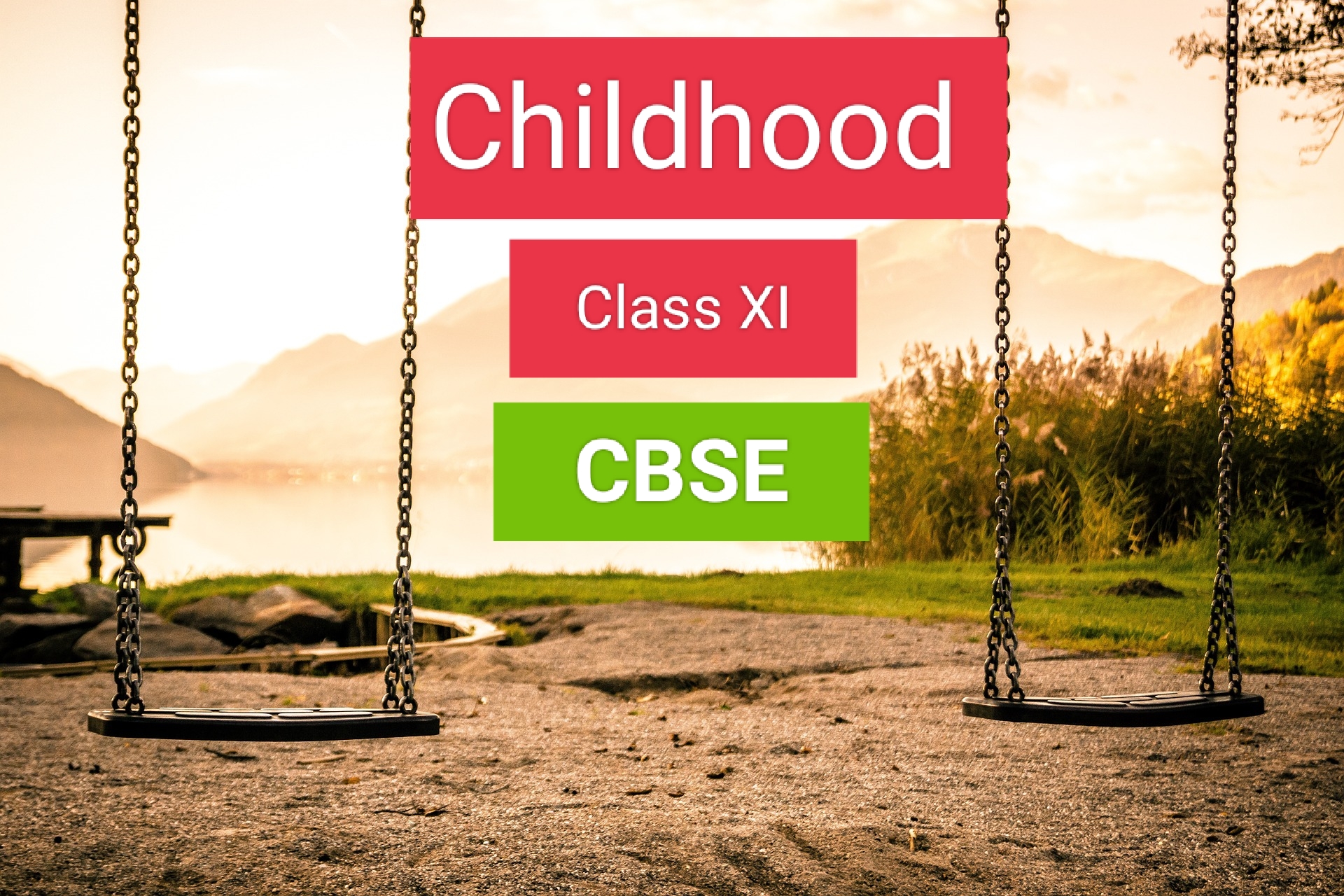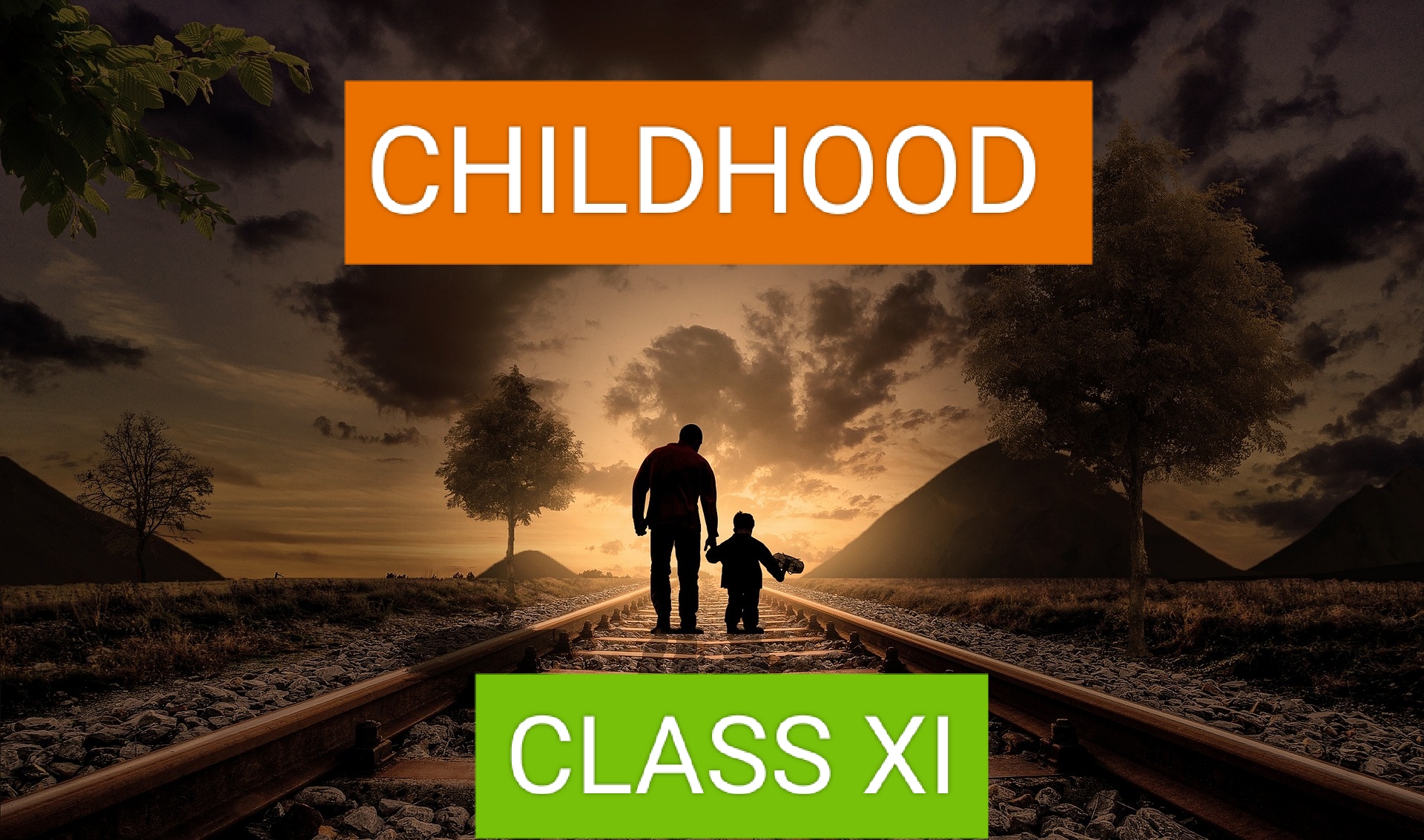Childhood Summary
The poem is centred on the poet’s interest in the time when he lost his youth and innocence. He is also acutely conscious of the fact that he no longer thinks about the world as he did in the past. He also realises that hypocrisy surrounds him on a daily basis. He identified a few instances where he might have forgotten his youth. He questions whether it was the day he ceased being an 11-year-old. Or perhaps it was the realisation that there is no such thing as Hell or Heaven, and no one is able to locate them anywhere.
Then he claims that adults are all hypocrites and that they are not all what they claim to be. Adults talk about and teach love, but often do not practise it in their own lives. Or was it the day he realised that the mind had only one thought process and that there is nothing anyone can do to alter it? He became aware of his uniqueness.
The poet’s early years are discussed in the final stanza. He claims that his childhood has vanished and is now only seen on the faces of little children.

About the Poet
Markus Natten was a Norwegian poet who lived from 1906 to 1990. He is considered one of Norway’s most prominent poets of the 20th century.
Natten’s poetry often dealt with themes of love, nature, and the human experience. His writing style was characterized by its simplicity and clarity, and he often used everyday language to express complex emotions and ideas.
Natten published several collections of poetry throughout his lifetime, including “Eg ser deg, du utvida hand” (I See You, Your Extended Hand) and “Eg ville sjunga mitt liv” (I Wanted to Sing My Life).
In addition to his poetry, Natten was also a teacher and a translator, and he worked to promote the literary works of other Norwegian writers.
Natten’s impact on Norwegian literature has been significant, and he is remembered as a poet who captured the beauty and complexity of the human experience in his writing.

Childhood Short Answer Type Questions
1.What is the poet Markus Natten regretting losing? What is his speculation?
Ans. Natten laments the passing of his youthful innocence and purity. He ponders where he went wrong, possibly when he turned eleven and started to have doubts. He now understood that paradise and hell were imaginary thoughts. He also observed that adults were outright liars. They spoke of love while acting in hatred. He eventually began to think independently and in a unique way.
2. Describe the poem’s theme and central idea of the poem “Childhood”?
Ans. The poem’s main theme is the transition from infancy to maturity. The beautiful time of innocence known as childhood lasts till adolescence. One’s body and understanding undergo a significant transformation as a result of this transition.
3. What are the poet’s inquiries and searches? Is the response he receives satisfying?
Ans. The poet no longer exhibits the innocence of a child. He questions when he outgrown his youth and where he put it. He discovers the only response to his query after some investigation and speculations. The ability to stay straightforward, truthful, and pure belongs only to children. One becomes dishonest as one gets older. Childhood is concealed on a baby’s face.
4. How does the poet characterise the maturation process?
Ans. The process of growing up helps a person acquire analytical and critical thinking skills. It helps the person become more logical and enables him to make decisions based on his line of thought.
5. How does the poet express regret for losing his youth?
Ans. He expresses worry about what happened to his childhood. One cannot get back one’s childhood. Childhood keeps our life away from the world of hypocrisy, terrible reality and consumerism.
6. The poet has two queries, one regarding the time and the other regarding the place. Why did he choose to ask these queries?
Ans. He has used these two inquiries to interpret the setting and timing of his departure from his early years. “Where” refers to the place of the innocent realm of childhood, whereas “when” highlights the process of being rational at a specific period.
See Also : Letter to the Editor About Indiscriminate Use of Loudspeakers and Microphones
7. What do Hell and Heaven represent?
The answer is that it refers to the world of imagination that only interests young children. They are nothing more than the results of our creative imagination, which allow us to escape from reality.


